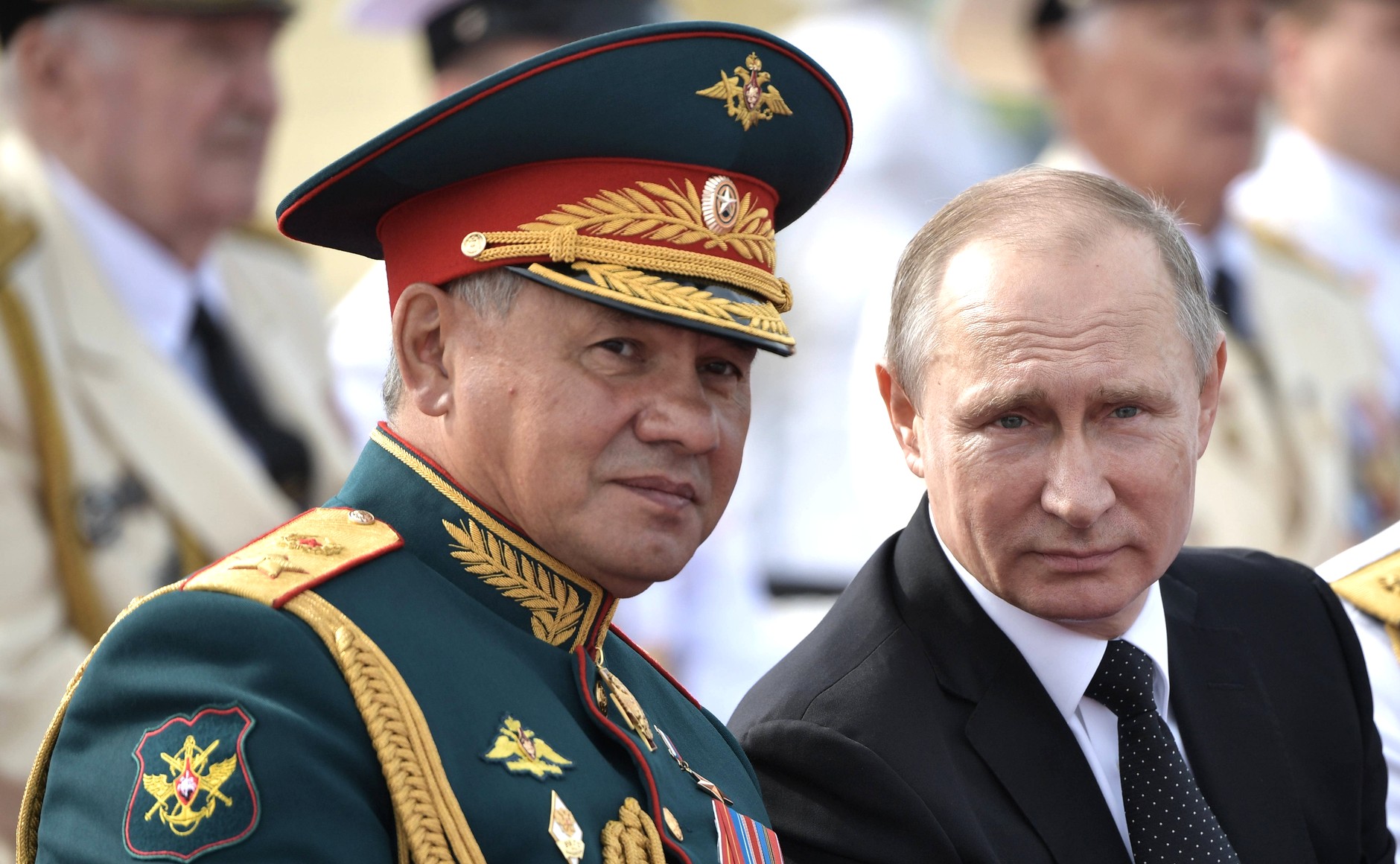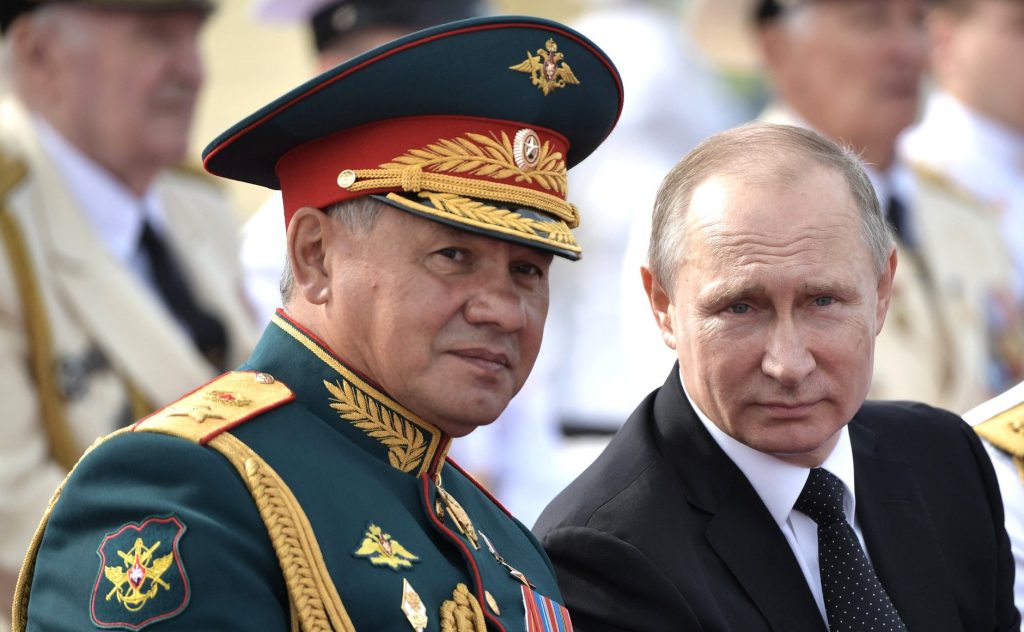Russia’s Minister of Defence Sergei Shoigu has committed to working more closely with the nation’s allies in the Collective Security Treaty Organisation (CSTO). Founded in 1992, the CSTO is a military alliance currently made up of six nations: Armenia, Belarus, Kazakhstan, Kyrgyzstan, Russia, and Tajikistan.
The move by Moscow for greater cooperation comes as member nation Tajikistan deals with the flow of Afghan citizens across the Tajik-Afghan border. Tajikistan has been rather accommodating of Afghan refugees, including the 1,000 Afghan soldiers who fled after the capture of the US-built Shir Khan Bandar border crossing by the Taliban at the end of June. The Chairman of Tajikistan’s Gorno-Badakhshan Autonomous Region committed to the nation accepting 10,000 refugees, stating at the time that “during the civil war in Tajikistan, these people accepted our refugees, and today we will help them.”
Defence Minister Shoigu has raised concerns of the flow of militants across Afghanistan’s border with Tajikistan, as well as the borders with Turkmenistan and Uzbekistan. He warns against the spread of Taliban into CSTO nations and the threat of increased drug trafficking.
As the situation in Afghanistan was escalating, CSTO members began conducting joint exercises, including manoeuvres by Russia with Tajikistan as well as Uzbekistan – a former CSTO member, having withdrawn in 2012. Speaking with RIA Novosti, a Russian news agency, Shoigu explained, “The events in Afghanistan, everything that happens there, just made it clear to us that we are doing everything right in terms of the CSTO.”
The CSTO announced on Friday (August 27) plans to hold military exercises of several thousand troops in Kyrgyzstan and Tajikistan, between September and October. Shoigu noted that the rearming of Kazakhstan, Kyrgyzstan and Tajikistan would continue, stressing that “We would like, in the end, that [in Afghanistan] stability has come, so that a coalition government can be formed, so that there really comes, in the end, peace.”
These recent developments demonstrate both Russia’s attempts at ensuring security in the region and growing its influence. Moscow views the Taliban as a “radical” organisation – though previously using the harsher label “terrorist” and thus seeks to inhibit their influence in Central Asia through these recent measures. At the same time, it holds its own influence in the region through its alliances, being a major player in the CSTO. For example, Russia’s weapons technology plays a large role in the rearming of the three nations Defence Minister Shoigu outlined – Kazakhstan, Kyrgyzstan and Tajikistan. Considering also that since 2007, members of the CSTO have been able to purchase Russian weapons at the same price as Russia can, this alliance clearly provides Moscow serious influence in Central Asia.
Having further consolidated its power and security in the region, Russia is poised to – alongside China – take advantage of the USA’s failure in Afghanistan. Though Moscow still holds the Taliban on its list of banned organisations, representatives of the group have been coming to talks since 2018, and Russian ambassador Dmitry Zhirnov met a representative only two days after the Taliban fully took power. It is clear that Russia’s approach to influence in Afghanistan will differ greatly from the USA’s strategy, being one of negotiation not invasion.
Speaking in Moscow this July, Taliban spokesperson Mohammad Sohail Shaheen explained “we won’t allow anyone to use the Afghan territory to attack Russia or neighbouring countries… we have very good relations with Russia.” Russian diplomats responded with praise for the Taliban’s commitment to crack down on drug trafficking, and for fighting against Islamic State in the region.
Speaking this August, Russian Foreign Minister Sergey Lavrov said, “It’s premature to say that we would make any unilateral political steps,” in recognising the Taliban government, however there can be no doubt that Moscow sees the Taliban as the main power – and thus means of influence – in Afghanistan right now.
It is not only Russia set to benefit from the decline of US influence, but China, who has also engaged in diplomatic relations with the Taliban. Beijing would be willing to invest in Afghanistan’s economic recovery and even formally recognise the Taliban government, working to challenge the UN’s current designation of the group as “terrorist.” Such moves are unlikely, however, unless it were to cut any ties with the East Turkestan Islamic Movement, a terrorist group composed of 3,500 Uyghur Muslims according to UN Security Council estimates. Some of these fighters are based out of Afghanistan, where it borders China through the Wakhan Corridor.
Overall, with the pull-out of western forces from Afghanistan, and the fall of the western-backed government, there has been a great swing of influence in the region from the imperialist powers to Russia and China. Through engaging in diplomacy and discussions of economic policy, these two nations are developing an influence which is stronger, and potentially far less exploitative than the mostly military influence exerted by the USA and its allies. While this shift of power is certainly beneficial in the fight against western hegemony, the victory of the Taliban itself of course is nothing to celebrate, as their previous tenure as a ruling party demonstrated.
Philip English, is a member of the YCL’s Manchester Branch




